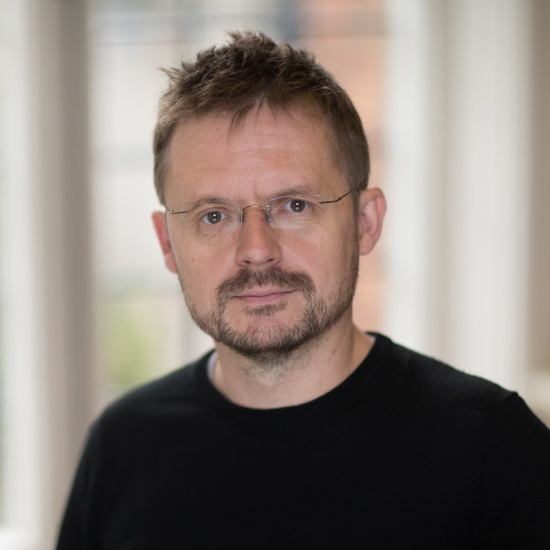Links to external sources may no longer work as intended. The content may not represent the latest thinking in this area or the Society’s current position on the topic.
Next-generation molecular and evolutionary epidemiology of infectious disease: challenges and opportunities
Satellite meeting organised by Dr Oliver Pybus, Professor Christophe Fraser and Professor Andrew Rambaut
Event details
The dynamic interaction between genetically-variable infectious diseases and their hosts represents one of the most complex and intensively-studied phenomena in biology. This satellite meeting will provide a forum for discussion and exploration by researchers working on inter-disciplinary approaches in genomics, immunology, epidemiology and computing. We particularly encourage the participation of early-career researchers and those working on quantitative approaches.
Biographies of the organisers and speakers are available below. Audio recordings are freely available and the programme can be downloaded here.
This meeting was preceded by a related discussion meeting Next-generation molecular and evolutionary epidemiology of infectious disease 14 - 15 May 2012.



